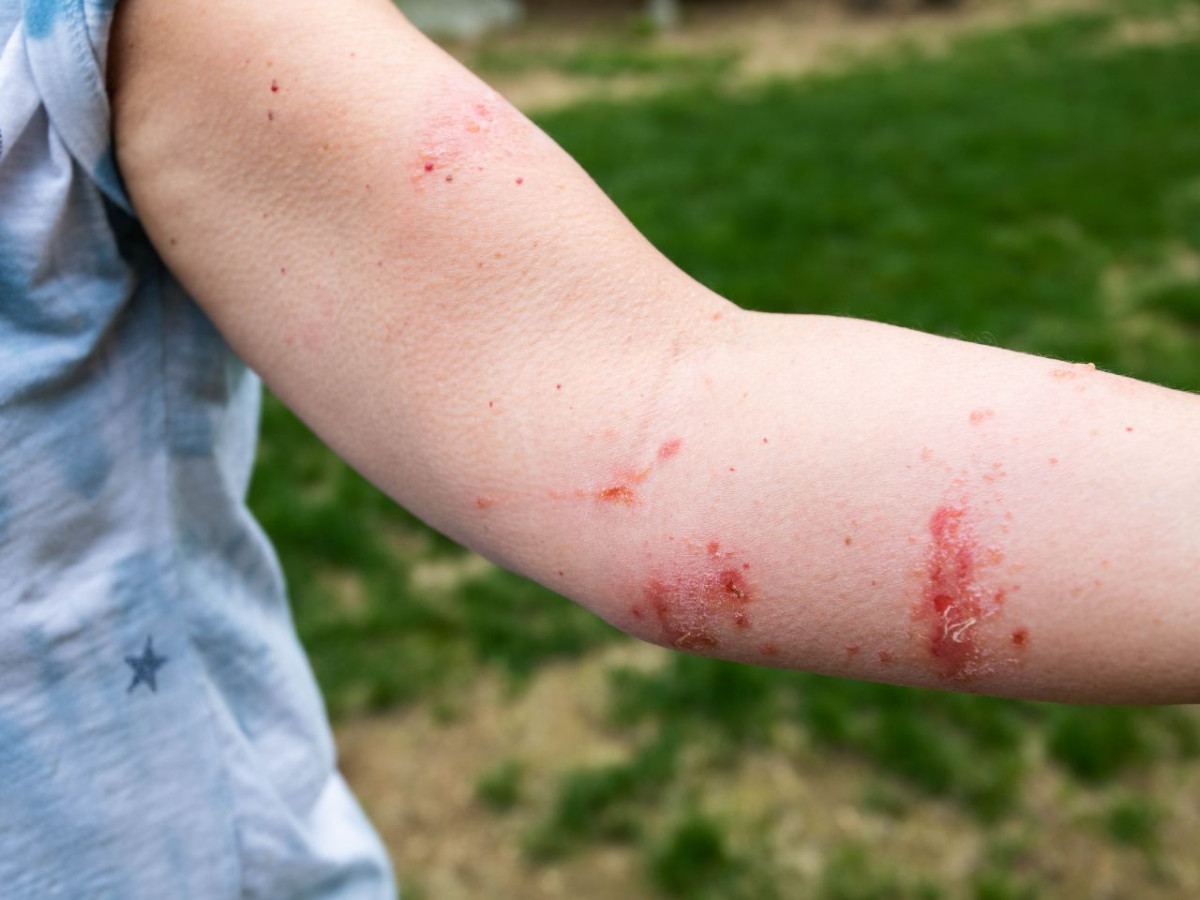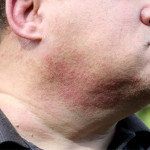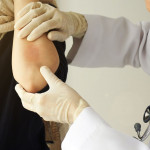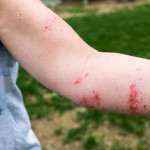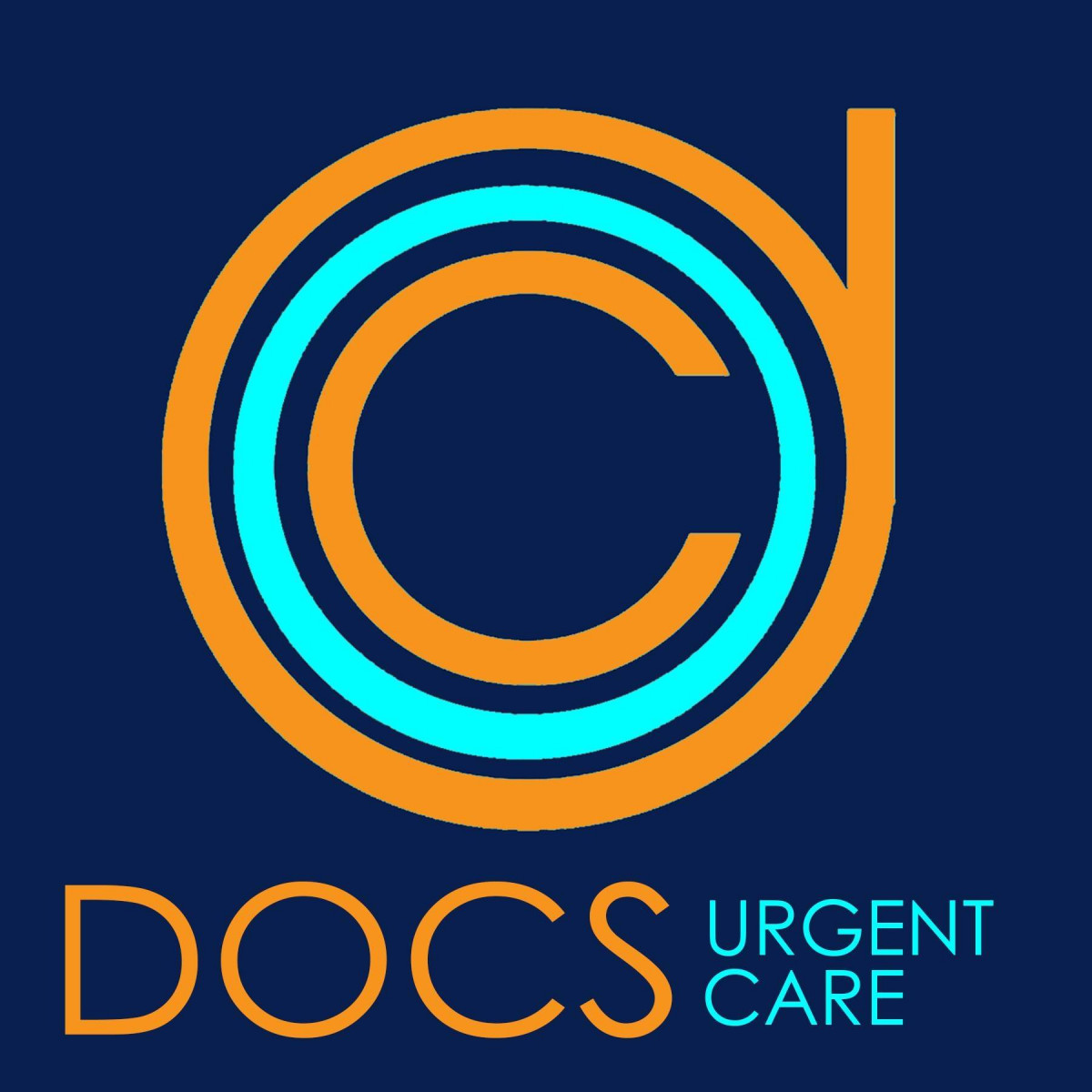West Hartford, CT - Poison ivy and other summer skin irritants like poison oak and poison sumac can cause minor to severe allergic reactions to individuals who are not careful around the plants. However, due to climate change, poison ivy is becoming more abundant and toxic. Because of this, everyone needs to be vigilant in case they or their loved ones come in contact with such poisonous plants. The best way to deal with rashes caused by poison ivy or other similar plants is to bring the patient to the nearest urgent care in West Hartford, CT.
DOCS Urgent Care shares some of their insights about poison ivy and whether patients should go to urgent care centers to treat the rashes or not.
What Happens If You Get Poison Ivy On You?
Poison ivy, poison oak, and poison sumac are plants that contain a sap called urushiol. When coming into contact with skin, urushiol can trigger an allergic reaction, resulting in an itchy rash. This symptom will appear differently; sometimes, it will emerge within hours of exposure, while there are times when it will take up to several days. Individuals can expose themselves to urushiol by touching everyday objects like gardening tools or their pet’s fur. These tools may have had contact with the sap of one of the poisonous plants mentioned above.
Is Poison Ivy Urgent?
Poison ivy rashes usually clear out on their own, but if they don’t, patients should seek the help of an urgent care in West Hartford, CT, to address the situation. Some severe symptoms to be wary of include widespread rash, pus from blisters, and rashes on either face or genitals.
Some of the most common poison ivy symptoms include:
- Redness
- Swelling
- Itching
- Blisters
The symptoms will usually come up within 12 to 48 hours. And when they do, they will usually be localized in the specific skin that came in contact with the poison ivy.
Should You Go to Urgent Care for Poison Ivy?
If the person suffering from poison ivy rash doesn’t have access to their primary care physician, it would be best for them to rush to nearby walk-in clinics instead. Urgent care centers like DOCS Urgent Care in West Hartford, CT, are trained to handle multiple cases of rashes, including those from poison ivy, poison oak, and poison sumac.
They will diagnose the condition using different methods. This includes gathering crucial data that can help determine the real cause of the rashes and give the necessary treatment. For instance, medical professionals can gather the recent whereabouts and the type of exposure the patient has had. This can help determine if the rash came from poison ivy or other irritants. Afterward, they will treat the inflammation with medications such as corticosteroid creams and medical lotions. Patients need to know that poison ivy usually clears up within just a week of careful treatment, so there’s no need for them to worry.
When Should You See a Doctor When You Have Poison Ivy?
As mentioned above, poison ivy rashes will likely clear on their own. However, if symptoms persist or worsen, they should immediately seek medical help. Some of the severe symptoms to watch out for include the following:
- Widespread rash
- Rashes on the face or genitals
- High fever (above 104 degrees Fahrenheit)
- Rashes that last longer than two weeks
- Pus oozing from the blisters
Can the Doctor Give You Anything for Poison Ivy?
Doctors will typically prescribe corticosteroids like prednisone to treat the rash. It helps with emergency relief by cooling down the affected area by constricting blood vessels. Corticosteroids can also disrupt the effects of the allergic reaction caused by poison ivy. This medication is usually given to patients if the poison ivy rash spreads and covers more than 10% of the affected area or if the face, hands, and genitals also start to get afflicted. Corticosteroids are available in different forms, and depending on the doctor, they’ll give tablets, injections, or topical medications.
They are more likely to prescribe the patient prednisone if the poison ivy rash worsens and develops blisters. Prednisone will help reduce swelling. Doctors may also prescribe oral antibiotics if the blisters rupture and expose the skin to bacterial infections.
Should You Pop Poison Ivy Blisters?
The blisters are the body’s immune response to the poisoning and are an integral part of its healing process. Thus, anyone suffering from poison ivy rash should not pop the blisters under any circumstances. Scratching them can cause wounds which can then serve as an entry point for bacteria, resulting in infection or, worse, blood poisoning.
It’s important to understand that the pus oozing out of the blisters does not contain urushiol, so it’s not responsible for spreading the rashes outside the initial affected area. However, if the rashes continue to spread, the patient is either directly in contact or has secondary contact with the poison. And in case the blisters break, the patient should loosely cover the area with a clean and sterile bandage to protect the wound from bacteria.
###
About the company
DOCS Urgent Care in West Hartford, CT’s authority in providing urgent care to anyone with non-life-threatening medical conditions. They aim to make high-quality care to patients at a cost-effective price, making urgent care easily accessible to anyone who needs it. They mainly offer allergy testing, vaccinations, and various medical treatments. They also provide care for patients afflicted with chronic illnesses and diseases.
